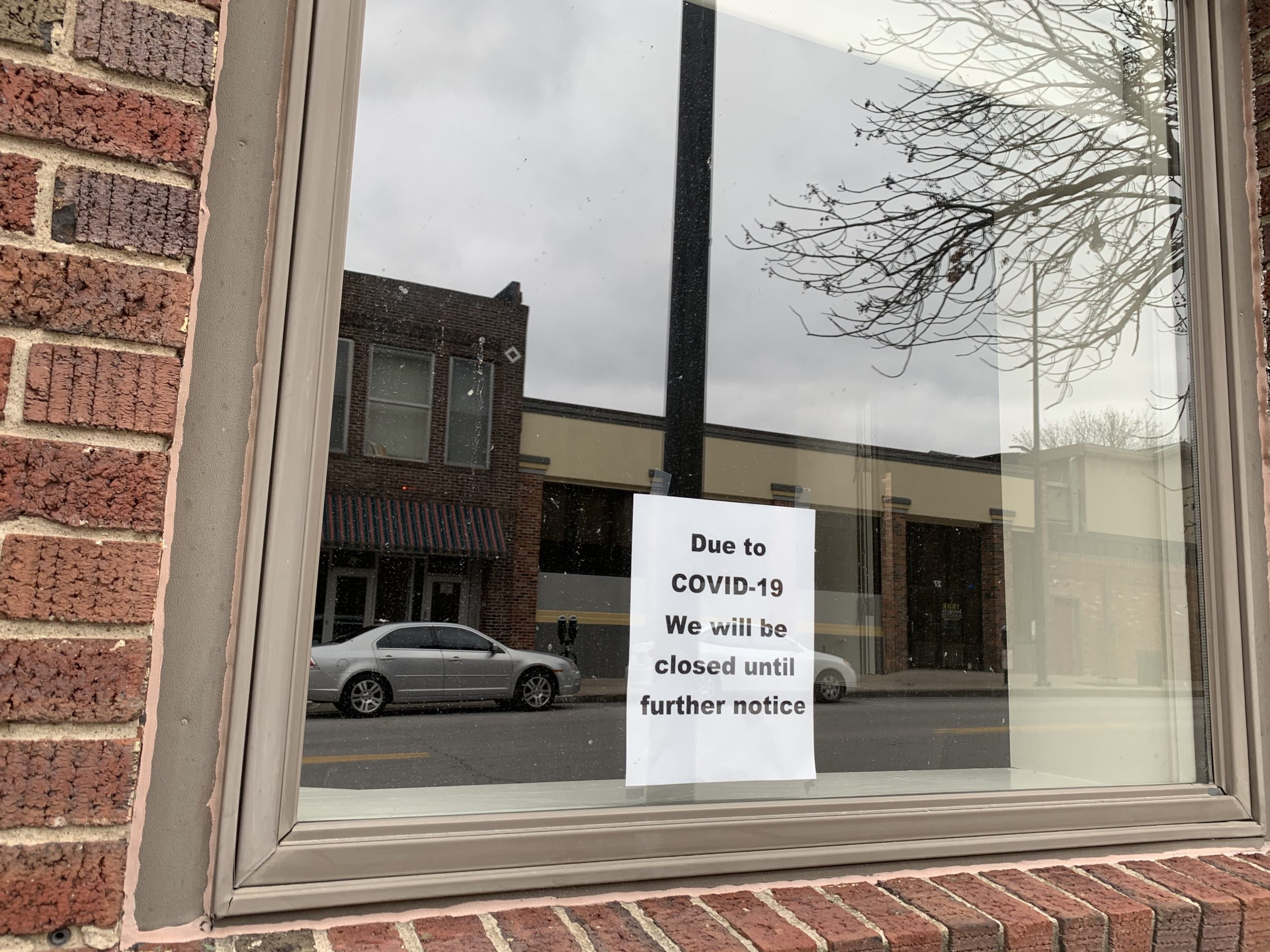Half of all small businesses in the U.S. are experiencing supply chain issues and struggling to hire new workers despite making adjustments to recover from the COVID-19 pandemic.
In a recent survey administered by small-business advocate NFIB, 54 percent of business owners reported increased adverse effects of supply chain disruptions compared to three months ago, while 48 percent said they were receiving fewer applications for open jobs than they had a month ago.
While the survey did not include state-specific data, NFIB Missouri Director Brad Jones said the results could spell trouble for businesses trying to recover from the impact of the pandemic.
“If they don’t get enough workers, they can’t meet customers’ demands and fully recover from the COVID-19 downturn,” Jones said.
Gov. Mike Parson moved to end federal pandemic-related unemployment benefits for Missourians last month in an effort to encourage more people to rejoin the workforce. Parson said the benefits worsened the state’s labor shortage and “incentivized people to stay out of the workforce.”
According to the report, 22 percent of businesses are experiencing a severe staffing shortage, and 30 percent of those businesses reported a moderate loss in sales. More than 65 percent reported similar shortages over the course of June.
Supply chain disruptions are also having a greater impact than they were three months ago, according to the report, with 32 percent of those surveyed experiencing significant effects and 54 percent reporting a worse outlook compared to three months ago. Additionally, 62 percent of business owners expected supply chain issues to continue for five or more months.
Employers also continue to change their hiring practices and compensate for the downturn, NFIB Research Center Executive Director Holly Wade said.
“Small businesses are making adjustments to their hiring practices to attract qualified applicants as well as adjusting business operations to compensate for the lack of staff,” said Wade. “Small businesses are still recovering from the pandemic but need to fill open positions in order to get back to full productivity.”
Small businesses have made several changes in an effort to rebound from the pandemic; more than 60 percent of those surveyed said they had increased wages in an effort to attract applicants, while 13 percent increased paid time off and enhanced hiring bonuses.
Owners also reported changes to account for the shortages, with 41 percent offering additional hours to part-time employees and 79 percent of owners working more hours than before the pandemic. Nearly 30 percent also introduced new technology to increase efficiency and 24 percent reduced the variety of goods and services sold.
Sales levels were reported at 50 percent or less for 16 percent of small businesses, while 36 reported being back at pre-COVID numbers. More than 70 percent of businesses said they would be able to continue operating under current conditions for a year or more, while 12 percent expected to continue for six months or less.
Small businesses have been a priority of the Missouri Legislature in the face of the pandemic; one bill signed into law recently will shield entities, including businesses, from COVID-related lawsuits while another will impose a sales tax on online purchases.

Cameron Gerber studied journalism at Lincoln University. Prior to Lincoln, he earned an associate’s degree from State Fair Community College. Cameron is a native of Eldon, Missouri.
Contact Cameron at cameron@themissouritimes.com.































